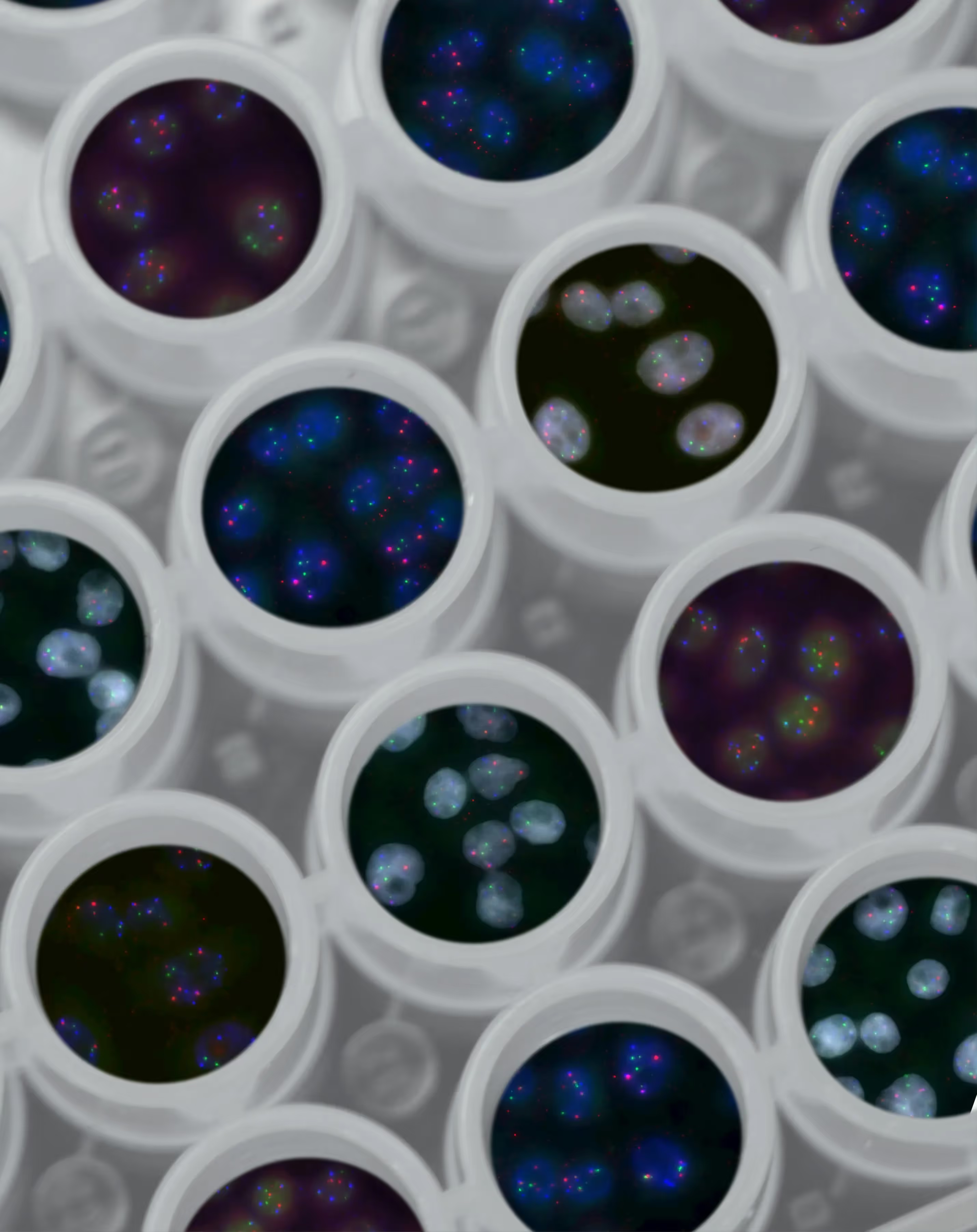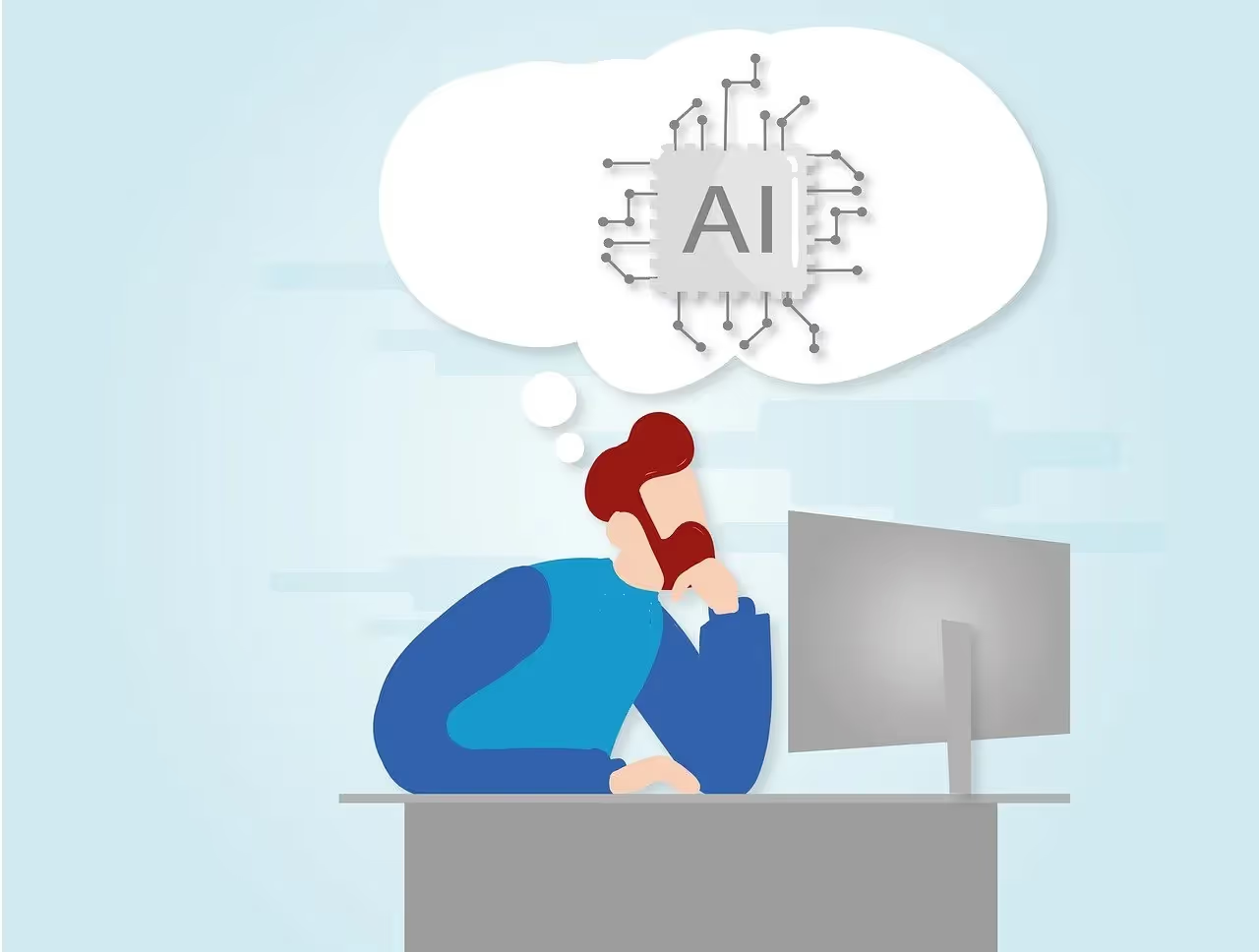Chemistry is often referred to as the central science, connecting the physical sciences with life and applied sciences. It's a compelling field, full of discovery, innovation, and wonder. As we plunge into this new decade, several emerging trends in chemistry are set to shape our world and navigate the societal impact of our discoveries. Join us as we explore these promising developments and understand their potential implications for our lives and society.
Green Chemistry
Adapting to an environmentally-conscious planet, green chemistry or sustainable chemistry is a trend that is rapidly garnering interest. Green chemistry emphasizes creating products and processes that reduce or eliminate hazardous substances and waste generation. The push towards green chemistry intends to make chemistry more environmentally-friendly and sustainable while addressing some of the planet’s most pressing environmental challenges.
Nanotechnology
At a microscopic scale, nanotechnology is dramatically revolutionizing chemistry. Nanomaterials are the smallest, with dimensions of roughly 1-100 nanometers, but they pack an outsize punch. Their unusual properties have led to breakthroughs in areas such as medicine, electronics, and energy production. Nanotechnology increasingly offers solutions to some of our most complex challenges, from targeted cancer treatments to high-efficiency solar cells.
Biological Chemistry
Chemistry and biology are becoming ever more intertwined, resulting in significant advancements in medicine and healthcare. Biological chemistry involves the study of the chemical processes that drive biological systems. This knowledge is instrumental in developing new drugs and therapies, understanding diseases, and improving our overall health.
Artificial Intelligence (AI) in Chemistry
AI is permeating every field, and chemistry is no exception. AI and machine learning algorithms are helping chemists to predict chemical reactions, analyze patterns in complex chemical data, and develop new materials. Through these highly advanced tools, the speed, efficiency, and predictive capabilities of chemistry are expected to see exponential growth.
Chemistry Education
Effective teaching methods and tools are crucial in empowering future chemists to create impactful solutions and innovations. To that end, the traditional chalk-and-talk teaching approach is giving way to more interactive styles, such as the 'flipped classroom', where students review material at home and engage in hands-on learning in the classroom.
Conclusion
The exciting trends within the chemistry community promise a future filled with innovation, efficiency, and most importantly, solutions to some of our world's most pressing problems. As budding chemists or simply observers of this scientific renaissance, it is fascinating to see how these advancements will reshape our world.
Decades ago, the thought of using AI in chemistry or harnessing the power of nanotechnology was pure science fiction. But here we are, leveraging these ideas to drive significant societal change. Our challenge now and in the future isn't what we can imagine, but rather how quickly we can bring these innovative solutions to fruition.
Whether you're planning to study chemistry or just fascinated by the scientific world, there's never been a more exciting time to engage with the field. So keep exploring, keep asking questions, and most importantly, keep innovating!















.svg)



